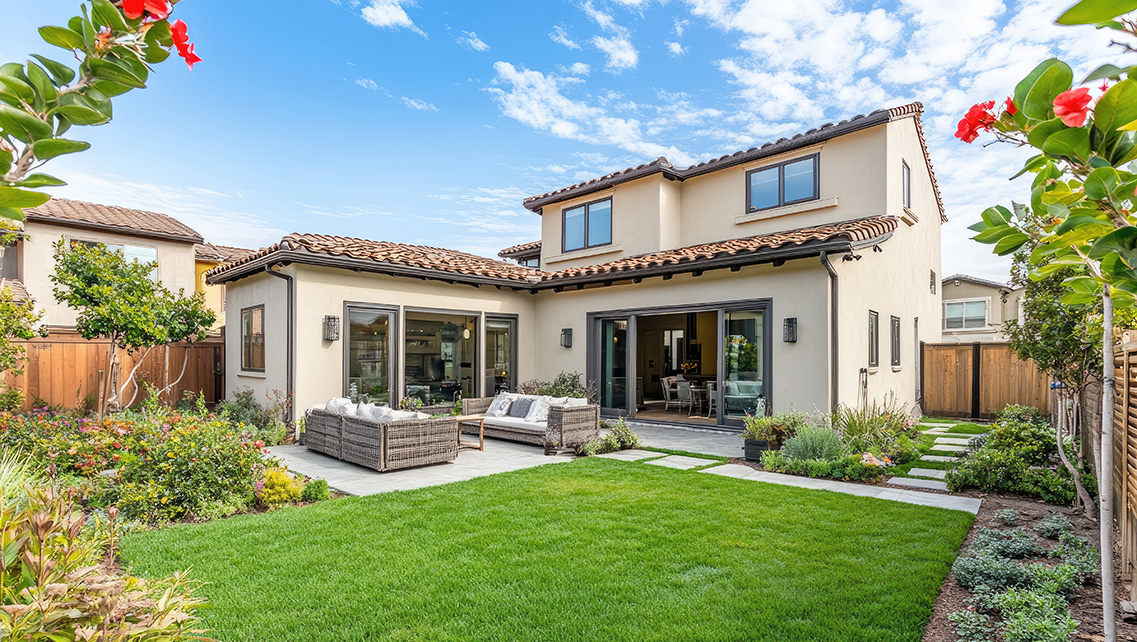
Record-high house prices on the cards
Published in November 2024
The residential property market is showing strong signs of recovery, with house price inflation surpassing pre-pandemic levels. “Although house prices took a slight knock in July and August this year, compared to the second quarter of 2024, the year-on-year movement suggests that property market boom is imminent,” says Bradd Bendall, BetterBond’s National Head of Sales.
House prices increased by 6.4% for all buyers, and by 7.7% for first-time buyers. In the October Property Brief, BetterBond reports that compared to the third quarter of 2019, before the start of the Covid-19 pandemic, average house prices for all buyers increased by 38%. This despite a four-year hiatus with no prime lending rate cuts.
BetterBond’s report aligns with Stats SA’s Residential Property Price Index which showed a 3.5% increase in the prices for all dwellings bought by private buyers for the 12 months up to March 2024. Stats SA says residential property inflation has trended upwards since a low of 1.6% in May last year. “As expected, given the ongoing demand from buyers semigrating from other provinces, the Western Cape registered the most significant price increase, with house prices rising by on average 7.7% between March 2023 and March this year,” says Bendall. Lightstone reports that 14 of the 15 towns with a net gain in homeowners are in the Western Cape. “Although house price inflation is not evenly distributed among provinces – Stats SA reports that Gauteng saw a price growth of only 0.7% between March 2023 and this year. There is enough growth to have an impact on buyer and investor confidence in the property market as a whole.”
Another positive, as reported by Lightstone, is that the proportion of negative sales – where a property sells for less than what it was bought for – has decreased from levels seen in the second half of 2023. With economists predicting even lower inflation in the next few months, hopes are high that the prime lending rate could drop by a further 50 basis points at the next Monetary Policy Committee (MPC) meeting in November. “There are a number of factors playing in the favour of a reinvigorated housing market,” says Bendall. “The scene was set even before September when the MPC dropped the prime lending rate to 11.5% – the first cut in four years. Lower-than-expected inflation, the strengthening rand and investor confidence all contributed to the much-needed easing of the monetary policy.”
In BetterBond’s October Property Brief, economist Dr Roelof Botha notes: “With the value of total loan advances in the economy standing at R1.86 trillion, it is fairly obvious that every interest rate cut translates into significant aggregate savings for households and businesses. It also leads to higher levels of affordability for prospective homebuyers, which the residential property market has anxiously been waiting for.” FNB states in its September Property Barometer that given the “improved economic activity, a more benign inflation environment, and looser monetary policy”, the bank would maintain its house price growth predictions for the remainder of this year and 2024, but revise its forecast for 2026 upwards.”
Bendall concludes: “With interest rates expected to drop again before the end of the year, we expect the upward trajectory of house price inflation to continue. If the current favourable economic conditions persist, and affordability improves, the increased demand for homes is likely to drive further house price growth and that bodes well for the resurgence of the housing market.”
Related articles
Homebuyers guide
How much can you afford?
Your dream home is closer than you think. Make your budget work with the help of our range of calculators
